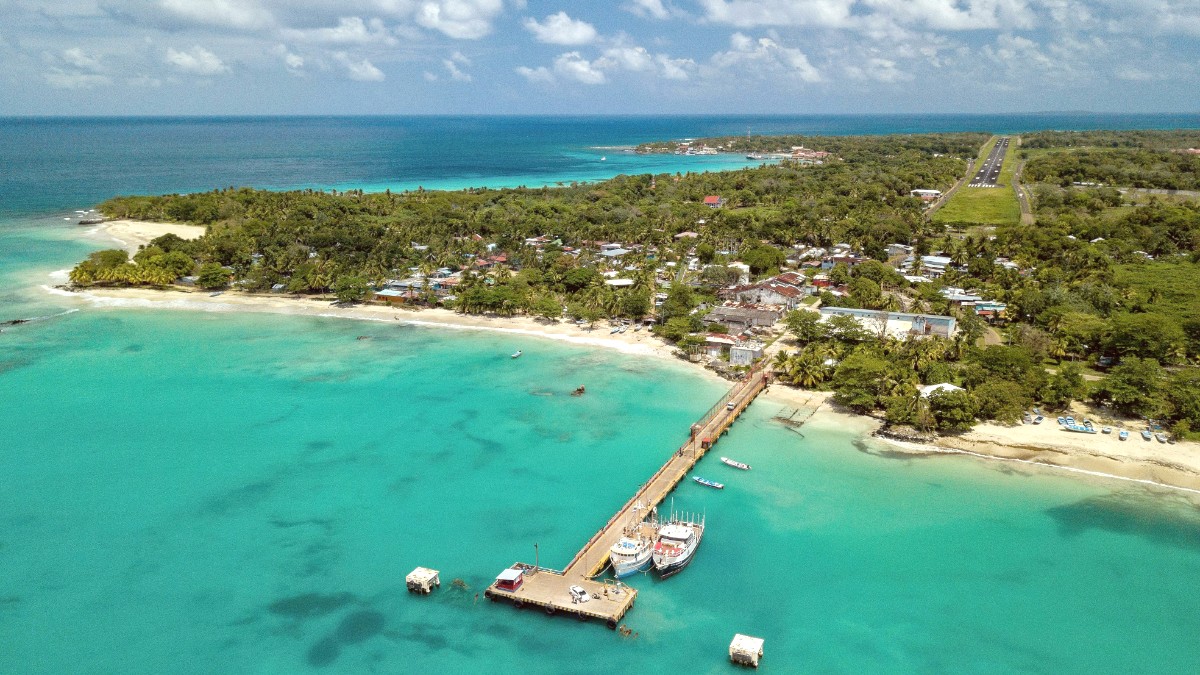
Caribbean Coast, Nicaragua
The coral reefs surrounding the islands are subject to local conservation efforts.
Waste management is a significant challenge; recycling infrastructure is limited.
Freshwater is a precious resource, especially on Little Corn Island.
Support eco-friendly options and minimize your environmental impact during your visit.
Some accommodations on both islands promote themselves as eco-friendly, focusing on responsible practices.
Choose tour and dive operators who adhere to responsible practices for marine life protection.
Waste management on small islands faces challenges. Reducing your personal waste is impactful.
Freshwater is a precious resource, especially on Little Corn Island, often sourced from rain or pipes.
Your environmental footprint matters significantly in fragile island ecosystems; travel with care.
Respectful engagement and local support foster positive travel experiences for everyone.
Support local islander-owned businesses, specifically those preserving traditional crafts, food, and music.
Engage respectfully with locals. Learn a few phrases in Creole or Spanish.
Be mindful of people's privacy. Always ask permission before photographing individuals.
If you visit a church, dress respectfully. Ensure your shoulders and knees are covered.
Nicaragua is generally conservative, though the Corn Islands tend to be more relaxed than the mainland.
Public displays of affection, specifically for LGBTQ+ couples, are generally advised to be discreet.
Traditional norms still apply in many social settings.
Overall, the islands welcome visitors with warmth and hospitality.
Cultural understanding makes for enriching travel, fostering genuine connections with the islanders.
Your spending choices directly contribute to the local economy and island well-being.
Islander-owned businesses ensure economic benefits stay within the community.
Look for handmade crafts sold directly by artisans for a fair price.
Prioritize local guesthouses, restaurants, and guides.
Protect fragile ecosystems by not interacting with marine life.
Refuse to buy products that harm endangered species.
Channel aid through established organizations, not direct handouts.